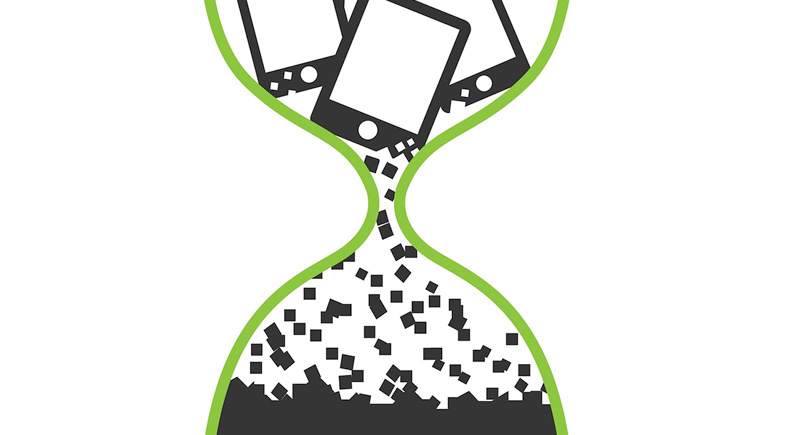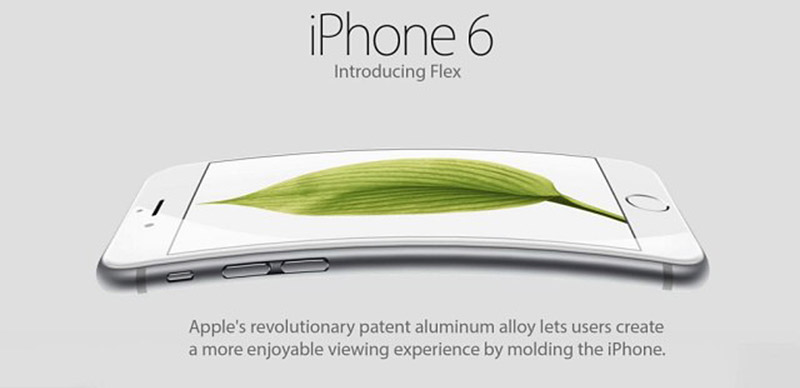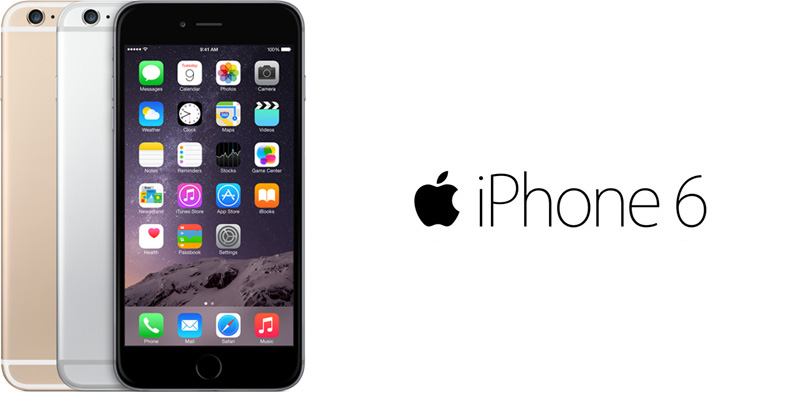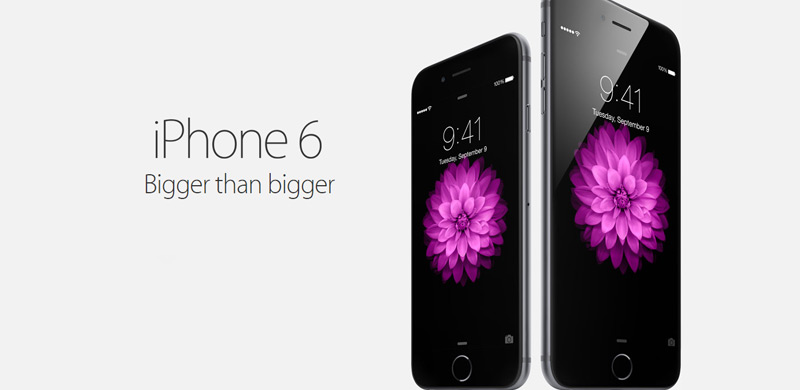
Wikipedia defines the planned obsolescence as "techniques to reduce the duration of life or use of a product to increase the replacement rate". When we think of planned obsolescence, one thinks immediately smartphones, these devices to the fairly limited life expectancy.
In a new study, researchers in Economics show a relationship between obsolescence and new products, without severing the explanation.
Is this a coincidence? A sales technique?
According to the study in question, there is a difference between the iPhone and the Galaxy in this area, the iPhone becoming slower faster than the Galaxy, once the new generation was released (as evidenced by the number of search Google with the keywords "slow iPhone" for example).
But the question that this raises is whether the slowdown in our mobile device is normal after the release of a new generation?
One possible answer is that after the release of a new generation of iPhone or Galaxy, there is an update of the operating system which will become heavier and which, therefore, will require more resources.
Another explanation would that the consumer naturally seeks an excuse to move to the next generation. To get rid of its iPhone still 100% functional would be a waste of money. But if the user is convinced that his phone has become slow, then there be no problem to pass to the next generation.
From a legal point of view, the planned obsolescence is of course forbidden. Yes, it would be a good way for companies to sell more, but on the other hand, if a company decides that its products will have a longer lifespan that its competitors, the latter eventually ending not get 100% of the market and so be more profitable than companies that would advocate the planned obsolescence.


![12 month of Microsoft Xbox Live for 48.99 [Amazon.ca]](/modules/mod_raxo_allmode/tools/tb.php?src=/images/games/xboxlive.jpg&w=90&h=64&zc=1)
![Pre-order Mario Party 10 for Wii U $49.99 ($15 off) [Amazon.ca]](/modules/mod_raxo_allmode/tools/tb.php?src=/images/games/marioparty10.jpg&w=90&h=64&zc=1)









